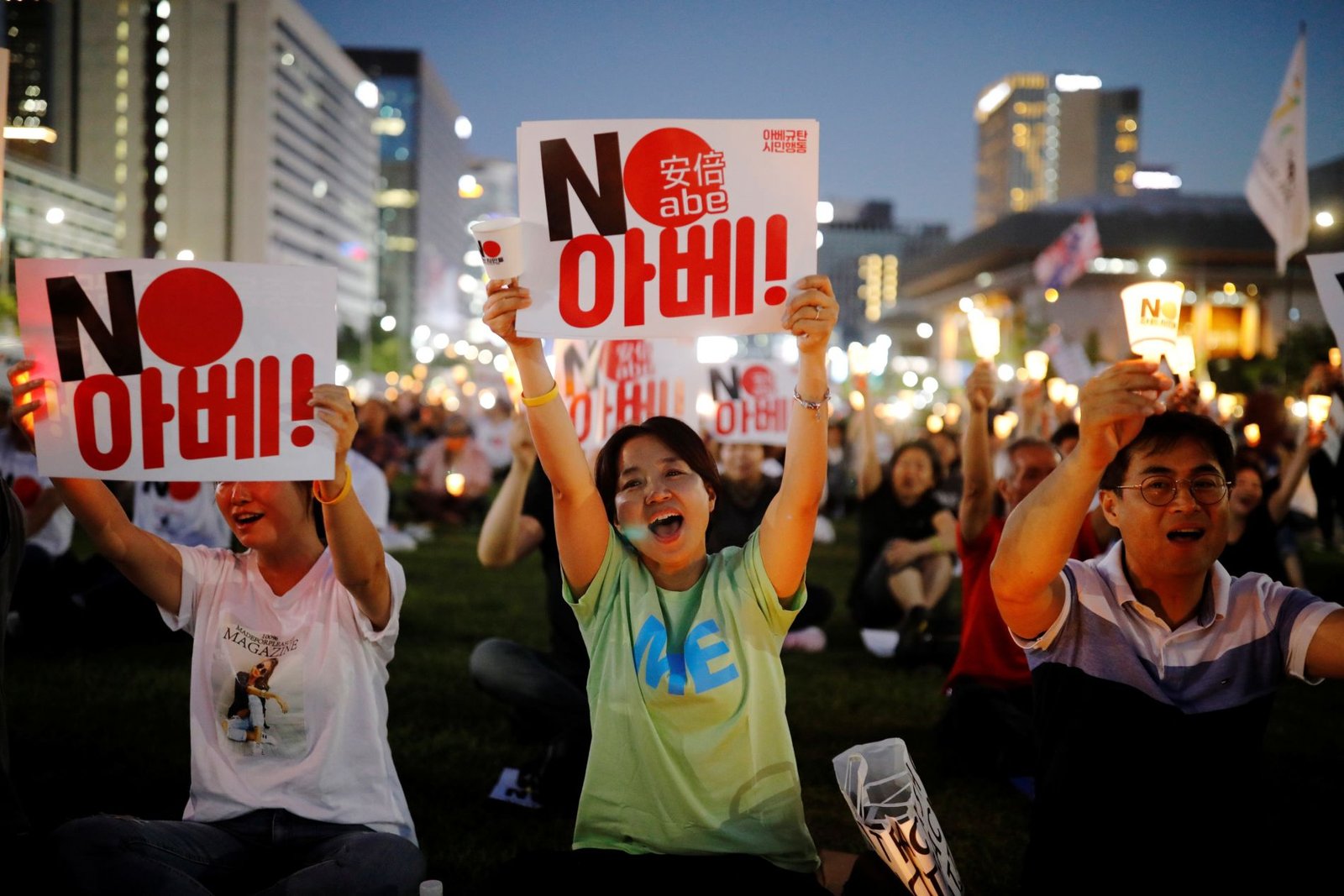The Chinese government managed to prevent anti-Japanese demonstrations from taking place Wednesday, a sensitive anniversary of anti-Japan protests in Beijing on May 4, 1919, that became a symbol of resistance to foreign domination, by heavily guarding Japanese facilities in the nation’s major cities.
According to the Japanese Embassy in Beijing, no anti-Japan demonstrations were reported in mainland China.
In Hong Kong, about 80 members of a pro-Beijing political party staged a demonstration with permission of the authorities, but it reportedly passed off peacefully.
It seems that the anti-Japan movement, which erupted in April all over China, may be calming down.
Calls for large-scale anti-Japan protests all over the nation Wednesday have been posted on some Chinese Internet sites since last month. According to the embassy, notices were posted publicizing demonstrations to be held in Shanghai; Chongqing, Chongquing Province; Nanjing, Jiangsu Province; Wenzhou, Zhejiang Province; Tsingtao, Shandong Province; Shenzhen, Guangdong Province; and other places, even after the Chinese authorities issued a ban on illegal demonstrations.
In Tiananmen Square in Beijing, an event to celebrate the anniversary was held Wednesday morning, in which about 10,000 primary, middle and high school students participated at the government’s instruction. The event was closed to the public, indicating that the Chinese government was nervous about the possibility of further demonstrations.
A dozen buses packed with police officers were seen parked on the narrow roads around the square. About 1,000 officers were stationed around the Japanese Embassy and the Japanese ambassador’s residence.
In Shanghai, roads to the Japanese Consulate were blocked with containers. In Shenzhen, hundreds of police officers ringed a Japanese supermarket. Officers were stationed every 10 meters around the Japanese Consulate in Guangzhou.
Other anti-Japan anniversaries, including the Marco Polo Bridge Incident on July 7, which triggered an all-out war between Japan and China, are scheduled in China. Given this, it is uncertain whether the anti-Japan movement will entirely cease in the nation.




